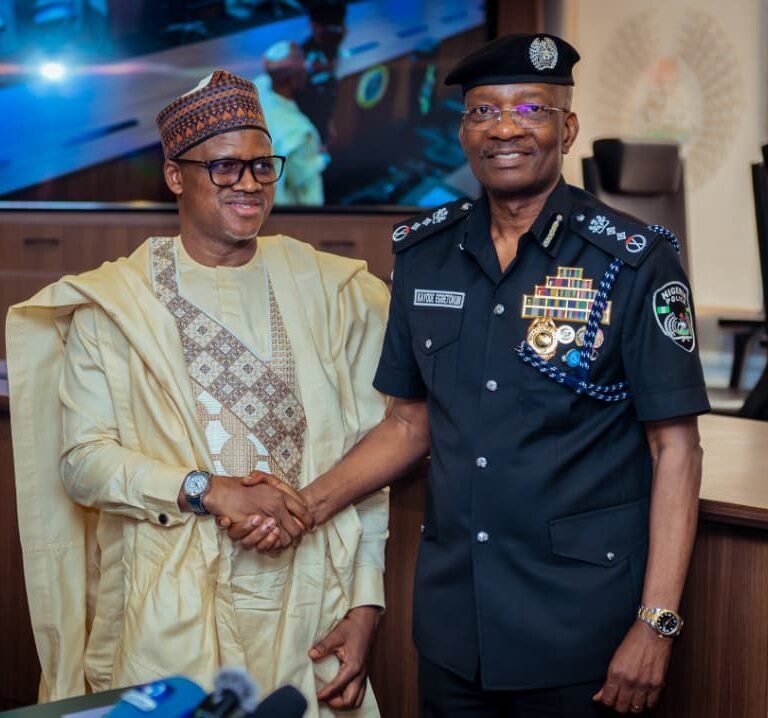
By Ameh Gabriel
The house stood unfinished, its gray concrete walls stained by years of rain, its iron rods rusting under the Benue sun. It was supposed to be our heritage—a place where six sons would grow, thrive, and raise their own families. My father had worked tirelessly, buying lands and building this home, brick by brick, with dreams of a lasting legacy. But fate had other plans.
We lost three of our brothers one to sickness, another to an accident, and the last to a tragic act of violence that still haunts us. The pain broke my father. He no longer saw the house as a home but as a reminder of all he had lost. In his grief, he began selling off the lands he had once cherished. The house, once our symbol of unity, became a battleground of resentment, a feud that turned brothers against each other.
I held onto the anger for years—how could he sell everything we had worked for? How could he let our dreams slip away? But at some point, I realized that fighting over a house would not bring my brothers back. No amount of land could replace the lives we had lost. So, I made a choice. I let go. I walked away from the feud and moved on with my life because I refused to let another soul be consumed by bitterness and grief.

A Land Soaked in Pain
As I reflect on Palestine and the endless war in Gaza, I see echoes of my family’s story—only on a far greater, more tragic scale. For generations, Palestinians and Israelis have been caught in a relentless cycle of war, loss, and revenge. Land, once a home, has become a battlefield. Streets that should echo with children’s laughter now ring with the sounds of airstrikes. Families are torn apart, and grief is passed down like an inheritance.
Palestinians have watched their homes reduced to rubble, their lands taken, their loved ones buried beneath ruins. Israelis, too, have suffered loss and fear, living under the shadow of conflict. And yet, as history has shown, war has never brought lasting peace. It has only bred more anger, more funerals, and more broken families.
The Price of Holding On
When I think of my father, I understand his pain. He had built something precious, only to watch it slip away. But clinging to the past, to loss and anger, only led to more suffering. The same is true for Palestine. The more each side holds onto the wounds of yesterday, the deeper the scars become.
The world watches as innocent people—mothers, children, the elderly—pay the price of a war they did not start. Gaza is bleeding, and so is the humanity of those who choose power over peace. How many more graves must be dug before leaders realize that land, no matter how sacred, is not worth another lost generation?
A Choice for the Future
I walked away from my family’s feud not because I stopped caring, but because I wanted to live. I chose to remember my brothers in love, not in endless battles over land. Perhaps Palestine, and those who hold its fate, must also make a choice: to continue this war or to finally break the cycle.
It is time for leaders—on all sides—to put down their weapons and choose life over death. It is time for the world to recognize that justice cannot come from more suffering. And it is time for every Palestinian and Israeli child to grow up in a home where they fear nothing but the stories of the past.
Because at the end of it all, land can be rebuilt. But lost lives never return.






